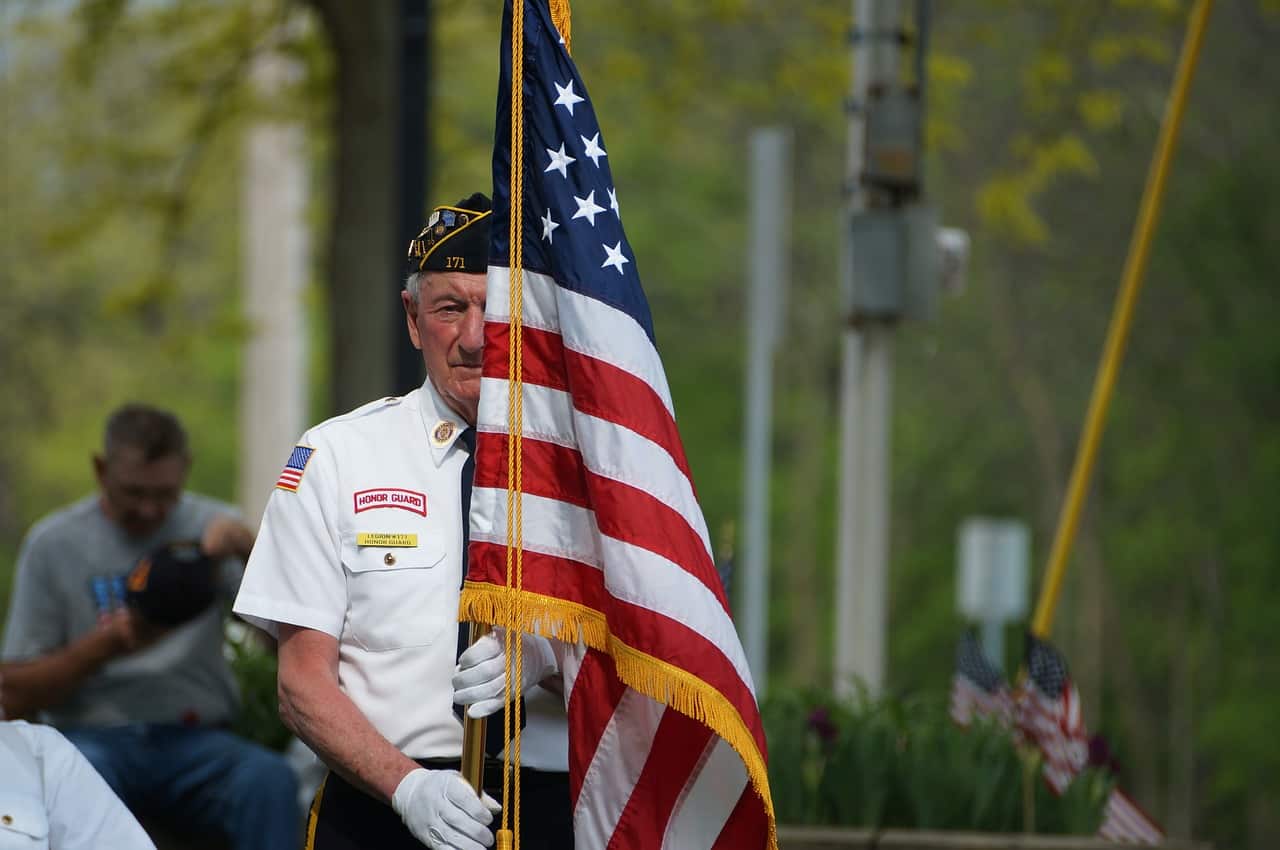Caring For Our Military Veterans Is An Act Of Love Due To The Challenges Of Their Emotional Traumas And Physical Wounds
Pegasus caregivers in Moorpark and elsewhere know that caring for our military is an act of love. Veterans are our heroes. They are special people who often have unique needs.
Medical conditions in veterans are often more complicated than conditions in civilians of the same age. Diagnoses also tend to vary, depending on when and where they engaged in combat. Polytrauma, which is more than one severe or chronic condition, is frequent.
Caregiving is part of being human. Individuals thrive when others care for them. Giving attention to your loved one doesn’t always have to be complicated or hard work.
Sometimes a simple gesture of kindness is all that’s needed to make a difference in another’s life. Handing someone an item from a shelf that’s too high for them to reach is an act of caring. Preparing a nice meal shows you care.
The essence of caregiving is making the welfare of another your priority. It’s done in a generous spirit and without resentment. Caregiving requires a loving heart, especially when meeting the challenges presented by veterans.
Veterans, like everyone else, are the sum of their experiences. However, certain experiences of veterans are dramatically different from those of civilians. Along with their physical injuries, many veterans return home with emotional traumas.
Suicide Prevention Is A Priority
Veterans have a high suicide rate. Their caregivers must understand mental health issues. Suicide risk factors include underlying problems worsened by military service.
Family caregivers of veterans at risk for suicide can find help at:
- U.S. Department of Defense Suicide Prevention
- National Center for Biotechnology Information: Factors protecting against the development of suicidal ideation in military veterans
- Suicide Prevention Center: Military service members and veterans
Pegasus caregiving services include helping you find professional counseling when needed.
Some individuals need help with the activities of daily life. These are the functions of basic self-care. They include:
- Bathing/showering
- Getting dressed
- Mobility
- Personal hygiene
- Using the toilet
Some individuals can manage these activities with little or no help, but need assistance with:
- Household chores
- Meal preparation
- Medications
- Money management
- Shopping
The level of proficiency in all of the above determines an individual’s ability to live independently.
As individuals age, many become less proficient. Accidents and chronic illnesses take a toll. Their combat-related experiences can exacerbate medical conditions in veterans.
Caregiving can include anything from brushing a veteran’s hair to 24/7 nursing care. You may need to help them rebuild social relationships by planning appropriate activities. Or you may just need to listen to your loved one vent their frustration because they need help.
Veterans Have More Than The Usual Age-Related Medical Conditions
In addition, veterans often have additional medical conditions that include:
- Amputation
- Chronic pain
- Depression
- Exposure to hazardous substances
- Post-traumatic stress disorder (PTSD)
- Substance abuse
- Traumatic brain injury (TBI)
These conditions can affect anyone; however, higher percentages of veterans are affected than civilians. Veterans have the additional obstacle of returning to civilian society after combat.
Various forms of rehabilitation help wounded veterans adapt to civilian life. That can include vocational programs as well as physical and occupational therapy. That can help them obtain employment, which improves their mental outlook.
Caring For Veterans With PTSD Is Challenging
All emotional, mental, and physical conditions require varying levels of informal and professional assistance. In general, PTSD presents the biggest challenge to caregivers. At times, you may be afraid of your loved one.
PTSD symptoms vary among individuals but may be categorized as follows:
- Flashbacks that can trigger extreme reactions that include panic attacks, shaking, or heart palpitations
- Avoidance of reminders that can lead to withdrawing from family, friends, and activities
- Negativity that results in feelings of fear, guilt, or shame
- Being on guard, hypervigilant, or angry all the time
PTSD affects your relationship with your veteran. You can find help at the Veterans Crisis Line 1-800-273-8255 (Press 1)and Veteran Center Call Center 1-877-927-8387. A call to either group provides support for you or your loved one.
You also need to care for yourself. Caring for someone with an illness, injury, or disability requires time and energy that can drain you. Uncertainty about how a veteran might react creates additional stress and frustration for a caregiver.
May is National Military Appreciation Month. It’s a time to honor all who have served their country in the armed forces. One or more of the special observations may provide an opportunity for sharing between you and your loved one.
Pegasus is a Certified Home Care Aide organization and a Joint Commission Accredited organization. Our goals for each individual for which we provide care are based on preserving their:
- Dignity
- Health
- Independence
Our services are customized to meet personal needs and are designed to improve an individual’s quality of life.
Pegasus caregivers in Moorpark and our other locations salute the family caregivers of military veterans. Your care is an act of love, and when you need a break, we will fill in with respite care. When/if the time comes for you to “stand down,” we’ll continue caregiving at whatever level is necessary.

